 |
| Disagreeing on views, Western governments strive to rebuild Ukraine, businesses 'diligently' sponsor Russia? (Source: cc-rebuildukraine.com) |
At the Ukraine Reconstruction Conference in London (June 21-22), countries and international organizations pledged about 60 billion USD in aid to support the recovery process of this Eastern European country.
Ukrainian Prime Minister Denys Shmyhal proudly wrote this on Facebook .
“Last week was marked by the Ukraine Reconstruction Conference in London, where Ukraine received practical results that strengthen our resilience and accelerate the reconstruction process. Financial resources worth about 60 billion USD were attracted to Ukraine to support the recovery process.”
Mr. Shmyhal noted that at the Conference, the EU announced 50 billion EUR in funding for the next four years. According to him, this money will be used to cover the state budget deficit and finance reconstruction projects.
In addition, the UK will allocate £3 billion to Ukraine over the next three years, including £240 million this year. Ukraine and the UK will establish the Ukraine Innovation Fund to tackle green energy.
Ukrainian Prime Minister Shmyhal also added that the World Bank (WB) and Ukraine have reached an agreement on a $1.76 billion aid package to finance social payments. Along with that, financial support programs from individual countries were also announced: The US announced an additional $1.3 billion in support for transport infrastructure, digitalization and energy; Germany - an additional 381 million EUR, specifically for humanitarian mine clearance activities; Switzerland - CHF 1.5 billion in medium-term support programs.
However, in reality, it seems that two conflicting financial streams have emerged, between Western governments on one side and their numerous businesses on the other. While the US and European governments tried to show their support for the Kiev government with huge funding figures at the recent Ukraine Reconstruction Conference, the "sales" from Western businesses were regularly transferred to "feed" the Kremlin's coffers, although unclear, but certainly not small.
A commentary on the Atlanticcouncil.org website also said that if this “silent support” cannot be stopped, it will be difficult to see Ukraine’s recovery soon. Obviously, no reconstruction of Kiev can be successful unless Russia is completely deprived of the resources to continue its special military campaign in Ukraine.
The article concludes that the US, the West and Kiev cannot have a meaningful discussion on the recovery or reconstruction of Ukraine unless their international companies completely cease doing business in Russia and cut all contributions to the Kremlin's coffers.
When the Russia-Ukraine conflict began in February 2022, a number of Western companies were quick to announce and soon exit the Russian market. These noisy “exits” often attract media attention, but in reality, the majority of Western companies chose to stay in Russia.
According to data from the Kiev School of Economics (KSE), of the 1,361 Western companies that had subsidiaries in Russia before the Russia-Ukraine conflict broke out, only 241 (about 17%) left Russia completely. The Western companies that remained generated $136 billion in revenue in 2022, thereby “contributing” to helping the Kremlin finance its military campaign in Ukraine.
According to the management of Western multinational companies, their continued presence in Russia, persisting with “business as usual”, is mainly aimed at providing essential goods to the population.
“They can’t abandon their customers” is a common argument among businesses, but neither Kiev nor Western governments accept it. Attempts to cut off the last lifeline of the Russian economy continue. Most recently, the 11th package of sanctions from Europe has not only targeted Russia, but has also aimed at “regulating” the behavior of third parties with ties to Moscow.
The US and Western efforts to support Ukraine are evident in the funding promises made at the Reconstruction Conference of Ukraine. Priorities include workforce training, infrastructure upgrades, and a particular focus on developing the energy sector towards a green energy future. But the conference also prioritizes engaging the private sector, by providing investment guarantee mechanisms, to leverage this vital resource in the reconstruction effort.
However, according to observers, it is difficult for businesses to act and declare to give up revenue, because it is an extremely difficult problem.
Western officials, meanwhile, say that corporate “loyalty” is measured by whether a company is willing to accept a loss of revenue to help the government deter Russian assertiveness. Western companies are required to “take a serious responsibility” where they operate, especially in conflict zones; they cannot sit on either side of the fence. They must either be part of the reconstruction and recovery efforts in Ukraine, or continue to support the Kremlin through their own revenue streams.
Source






![[Photo] Discover unique experiences at the first World Cultural Festival](https://vphoto.vietnam.vn/thumb/1200x675/vietnam/resource/IMAGE/2025/10/11/1760198064937_le-hoi-van-hoa-4199-3623-jpg.webp)

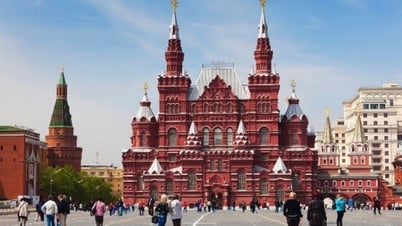
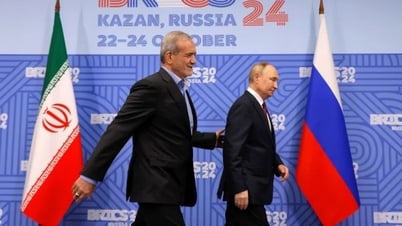
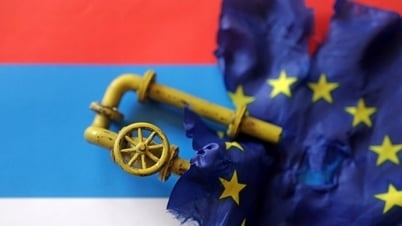
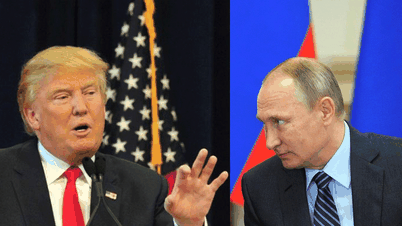



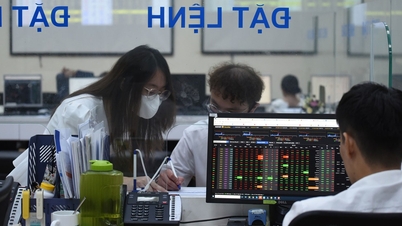








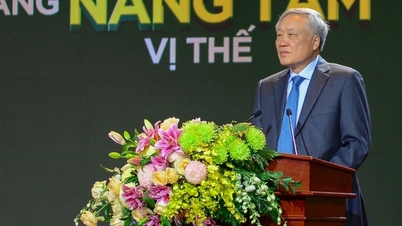






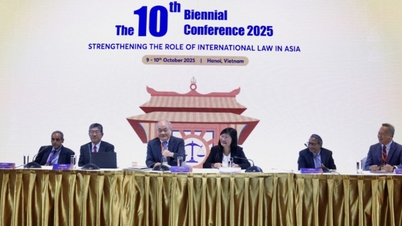



![[Photo] General Secretary attends the parade to celebrate the 80th anniversary of the founding of the Korean Workers' Party](https://vphoto.vietnam.vn/thumb/1200x675/vietnam/resource/IMAGE/2025/10/11/1760150039564_vna-potal-tong-bi-thu-du-le-duyet-binh-ky-niem-80-nam-thanh-lap-dang-lao-dong-trieu-tien-8331994-jpg.webp)































![[Photo] General Secretary attends the 80th Anniversary of the Traditional Day of the Armed Forces of Military Region 4](https://vphoto.vietnam.vn/thumb/402x226/vietnam/resource/IMAGE/2025/10/12/1760265970415_image.jpeg)


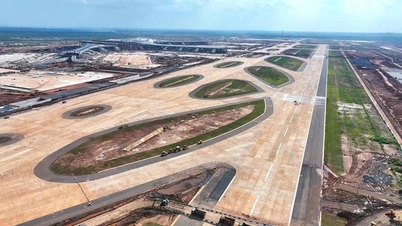


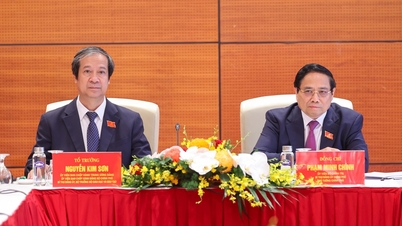



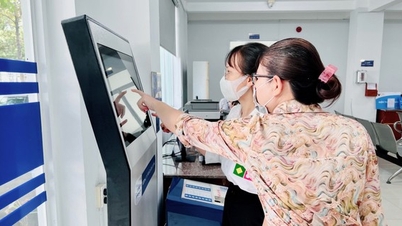

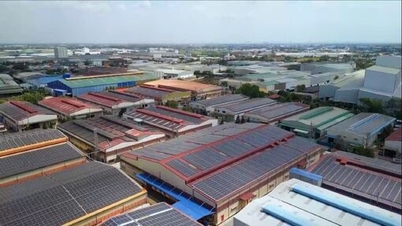





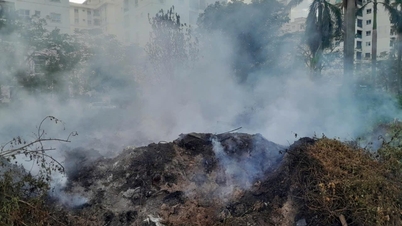


















Comment (0)